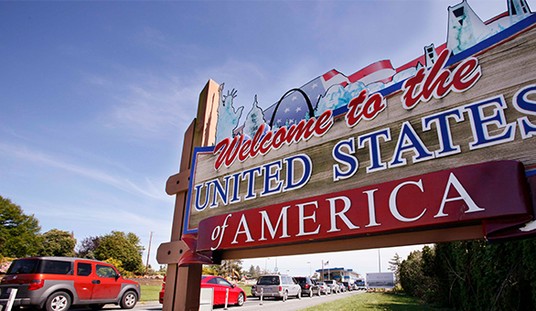
Not sick enough for the emergency room but can’t make it to the doctor’s office? There’s an app for that:
Heal is a smartphone app similar to the on-demand car service Uber, but instead of a car, a doctor shows up at your door. Users download the app and then type in a few details such as address and the reason for the visit. After adding a credit card and a request for a family doctor or a pediatrician, the physician arrives in 20 to 60 minutes for a flat fee of $99. Heal began in Los Angeles in February, recently expanded to San Francisco and is set to roll out in another 15 major cities this year. Heal doctors are on call from 8 a.m. to 8 p.m., seven days a week, said Dr. Renee Dua, a founder and the chief medical officer of Heal.
Heal doctors arrive with a medical assistant and a kit stocked with the latest high-tech health gadgets, including tools needed to take your vitals or shoot high-definition video of your eardrum. Heal has a roster of doctors who have affiliations with respected hospitals and programs such as the University of California, Los Angeles; Columbia; and Stanford.
“We’re bringing back old-school techniques with new-school technology,” Dr. Dua said.
We’re in an enviable time of what I’ve been thinking of as “sidelong innovation.” Technology has empowered entrepreneurs to innovate alongside existing businesses, rather than bubbling up from underneath in the more traditional manner. The traditional model for disruptive innovation is to create an entirely new product or service competitors couldn’t imagine, or at a price they can’t match. The Apple II put computers in the hands of the masses, and cut the legs out from under IBM’s “big iron.” Windows 3.1 was the “good enough” competitor to Macintosh which ran on much cheaper hardware, undercutting Apple’s fat profit margins. Google’s Docs and Chrome OS right now threaten to slaughter Microsoft’s Office and Windows cash cows. Somewhere, someone clever is figuring out how to swipe Google’s lunch money.
Uber is a perfect example of how portable communications technology empowers sidelong innovation. Uber didn’t create its own taxi service from scratch while looking for cheaper ways to deliver the same service, or build a science fiction fleet of human delivery drones. Drones aren’t (yet) practical, and building up a nationwide taxi service would entail overcoming impossible capital requirements and regulatory hurdles. Instead, Uber created a technological means to directly and frictionlessly connect drivers with riders. The rest sprang up nearly organically, before municipalities and their crony capitalist taxi companies could do anything to stop it.
That’s not to say in some cities officials and cab companies aren’t trying to snuff out Uber. But it’s much more difficult to regulate an existing competitor out of existence — especially a popular one — than it is to stop it from coming around sidelong first place.
By design, ♡bamaCare!!! makes it more difficult for small private practices and smaller insurance companies to compete against massive hospital and insurance conglomerates. Big Government and Big Business love getting in bed together, and hideous offspring is always a bloated mess of poor, but expensive, services. The President’s promise to “eliminate waste and paperwork” was code for “creating so much new waste and paperwork that only the biggest (and best-connected) can hope to compete.”
Heal works with big hospitals and universities, but there’s no reason I can see that Heal, or some similar app, couldn’t connect patients with small private practice doctors. Having the convenience of an app like Heal and on-call doctors at an affordable price could be a real convenience for consumers.
But the real revolution could be the other side of an app like Heal — the front end used by your visiting physician. Imagine an app with state-of-the-art diagnostic tools connected to an automated, national database of ♡bamaCare!!!’s seemingly endless codes for this wound and that condition. Part of the patient’s $99 fee would go to the service behind the app, which could automate all of the crushing paperwork requirements the law imposes on doctors. Very little short of repeal can get rid of the worst of ♡bamaCare!!!’s “features,” like giving all your medical records to the IRS, or the individual mandate, or its punishing taxes. However, if an app like Heal is tied to an automated service like I’ve just described, the balance of power might well shift back to doctors and away from the bureaucrats in Big Government and Big Medicine.
Uber let drivers connect directly with passengers, disrupting the existing taxicab cartels. ♡bamaCare!!! blatantly cartelized the practice of medicine and further cartelized the insurance industry. There’s not much Heal can do about insurance, but it could prove to be the most powerful medicine any American doctor has had access to since 2010.










Join the conversation as a VIP Member